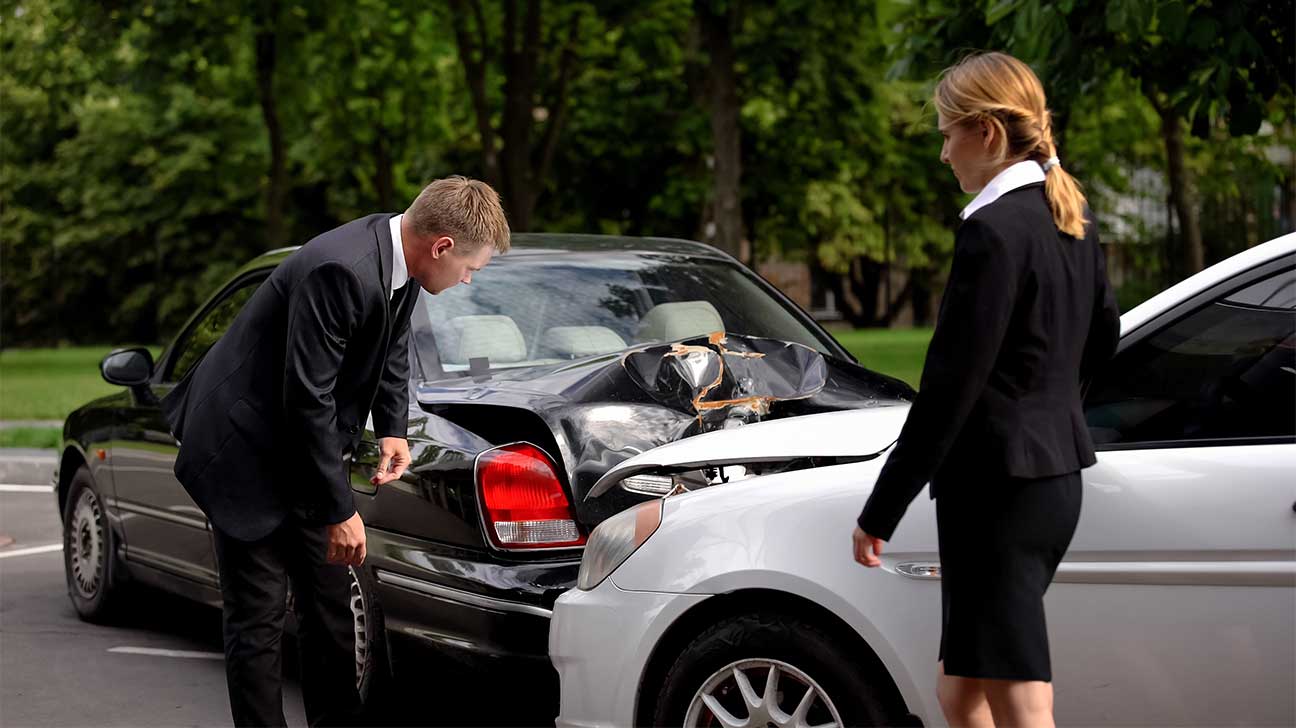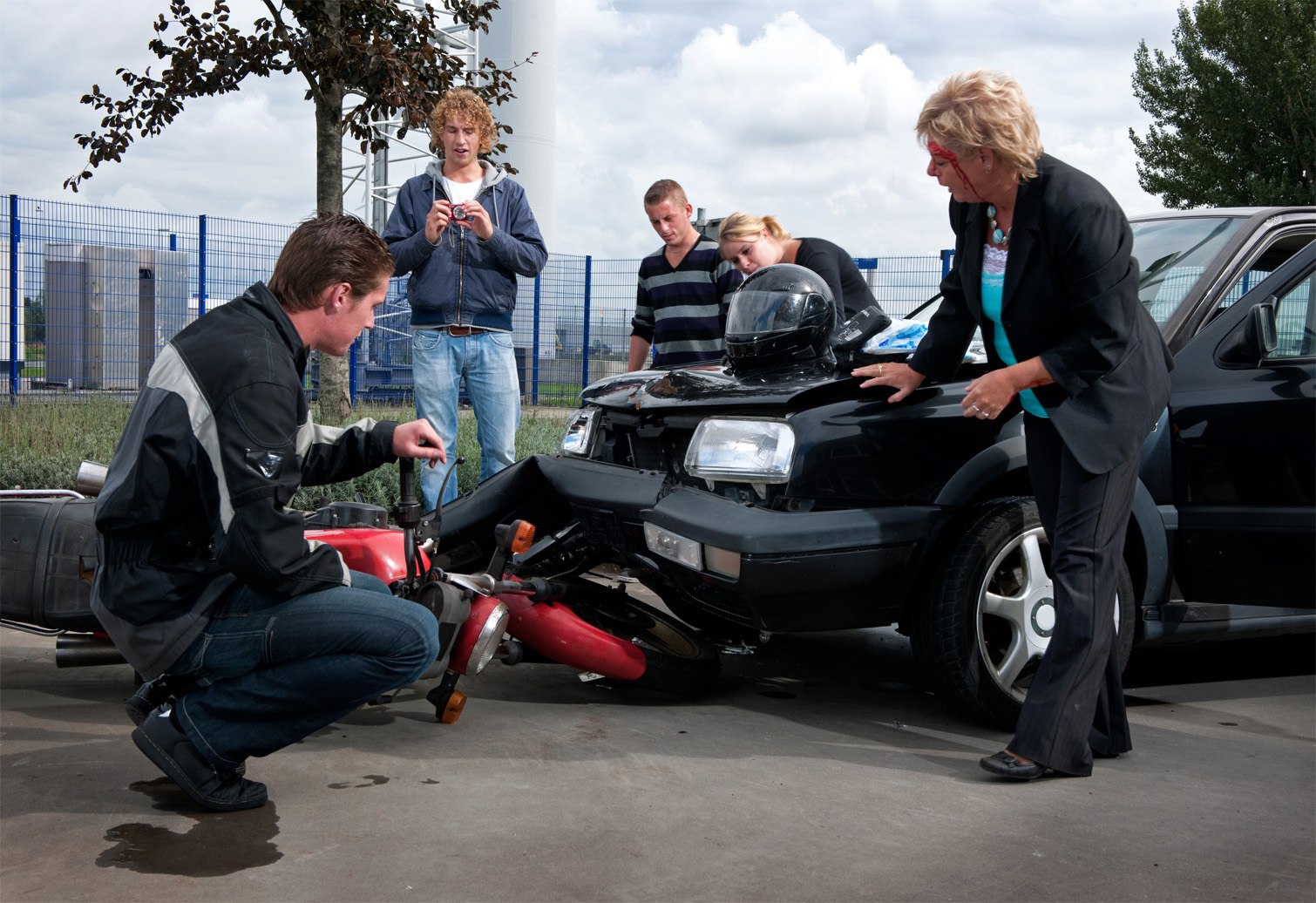If you’ve been involved in a car accident in New Jersey, you’re likely facing physical, emotional, and financial challenges. Insurance companies might already be pressuring you with settlement offers, but these offers may not fully compensate you for your injuries and losses. In such situations, a skilled car accident attorney can ensure you receive the justice and compensation you deserve. This comprehensive guide will help you understand your rights, the legal process, and the importance of choosing the right legal representation.
Understanding New Jersey’s Car Accident Laws
New Jersey operates under a “no-fault” insurance system, which means that your own insurance policy’s Personal Injury Protection (PIP) coverage typically pays for medical expenses and lost wages, regardless of who caused the accident. While this system aims to simplify claims, it can create complexities when pursuing additional compensation.
What Is Personal Injury Protection (PIP)?
PIP is mandatory for all drivers in New Jersey and covers:
- Medical expenses for accident-related injuries.
- Lost wages if injuries prevent you from working.
- Essential services such as childcare if you cannot perform daily tasks.
However, PIP does not cover non-economic damages like pain and suffering. If your injuries are severe enough to meet the tort threshold, you may be eligible to file a lawsuit against the at-fault driver.
When Can You File a Lawsuit?
To step outside the no-fault system and sue the responsible party, your injuries must meet certain legal criteria, often referred to as the “tort threshold.” Examples include:
- Permanent injuries that will not heal.
- Significant disfigurement or scarring.
- Loss of a body part or function.
A lawsuit can help you recover damages not covered by PIP, including:
- Pain and suffering.
- Emotional distress.
- Loss of consortium.
Be Aware of the Statute of Limitations
In New Jersey, you generally have two years from the date of the accident to file a personal injury lawsuit. Missing this deadline could forfeit your right to pursue compensation, making prompt legal action crucial.
The Role of a Car Accident Attorney
Navigating the legal and insurance complexities after a car accident can be overwhelming. Here’s how an experienced attorney can make a difference:
Negotiating with Insurance Companies
Insurance adjusters are trained to minimize payouts. A competent attorney will:
- Review all settlement offers to ensure they reflect the full value of your claim.
- Counter lowball offers with strong evidence supporting higher compensation.
- Handle all communications with insurers, so you can focus on recovery.
Gathering Critical Evidence
Building a strong case requires comprehensive documentation. Your attorney will:
- Collect and review medical records and bills.
- Secure the police report for official documentation of the accident.
- Obtain eyewitness statements and, if needed, consult with accident reconstruction experts.
- Use photos, surveillance footage, and other materials to strengthen your claim.
Maximizing Your Compensation
A skilled attorney will account for:
- Economic damages: Medical bills, lost wages, and property damage.
- Non-economic damages: Pain, suffering, and loss of life enjoyment.
- Future expenses: Long-term care or reduced earning capacity due to injuries.
Qualities to Look for in a Car Accident Attorney
Choosing the right attorney can significantly affect the outcome of your case. Look for these qualities:
Proven Experience in Car Accident Cases
An experienced attorney will have a track record of successful settlements and verdicts in cases similar to yours. This expertise ensures they understand the intricacies of New Jersey’s car accident laws and can navigate the legal system efficiently.
Specialized Knowledge of New Jersey Laws
The best attorneys are deeply familiar with state-specific regulations, including:
- Comparative negligence rules.
- Requirements for meeting the tort threshold.
- Local court procedures and judges.
Excellent Communication and Transparency
Your attorney should:
- Keep you updated throughout the process.
- Explain legal jargon in clear, simple terms.
- Respond promptly to your questions and concerns.
Dedication to Client Advocacy
The right attorney will prioritize your best interests, exploring every legal avenue to ensure maximum compensation.
What to Expect When Working with an Attorney
Once you’ve chosen a car accident attorney, here’s how the process typically unfolds:
1. Initial Consultation
Your attorney will:
- Evaluate the specifics of your accident.
- Discuss potential outcomes and legal strategies.
- Answer your questions and set realistic expectations.
2. Case Investigation
This involves:
- Collecting evidence, such as medical records and accident reports.
- Consulting experts to support your claim.
- Analyzing insurance policies to identify all sources of compensation.
3. Negotiation Phase
Most cases are resolved through negotiations with insurance companies. Your attorney will work tirelessly to secure a fair settlement.
4. Trial Preparation (if necessary)
If negotiations fail, your attorney will prepare for trial by:
- Gathering additional evidence.
- Crafting compelling arguments for the court.
- Representing your interests vigorously.
Avoiding Common Mistakes After a Car Accident
Here are some pitfalls to avoid that could harm your claim:
- Admitting Fault: Refrain from apologizing or admitting blame at the accident scene.
- Delaying Medical Treatment: Prompt care is crucial for your health and for documenting injuries.
- Accepting Quick Settlements: Early offers often undervalue your claim.
- Neglecting Legal Advice: Consulting an attorney ensures you don’t miss opportunities for fair compensation.
Conclusion
Dealing with the aftermath of a car accident in New Jersey can be daunting, but you don’t have to face it alone. A skilled car accident attorney can handle the complexities of the legal system, negotiate effectively with insurance companies, and fight for the compensation you deserve.
Take control of your case by consulting an experienced attorney today. Your recovery, rights, and future depend on it.




